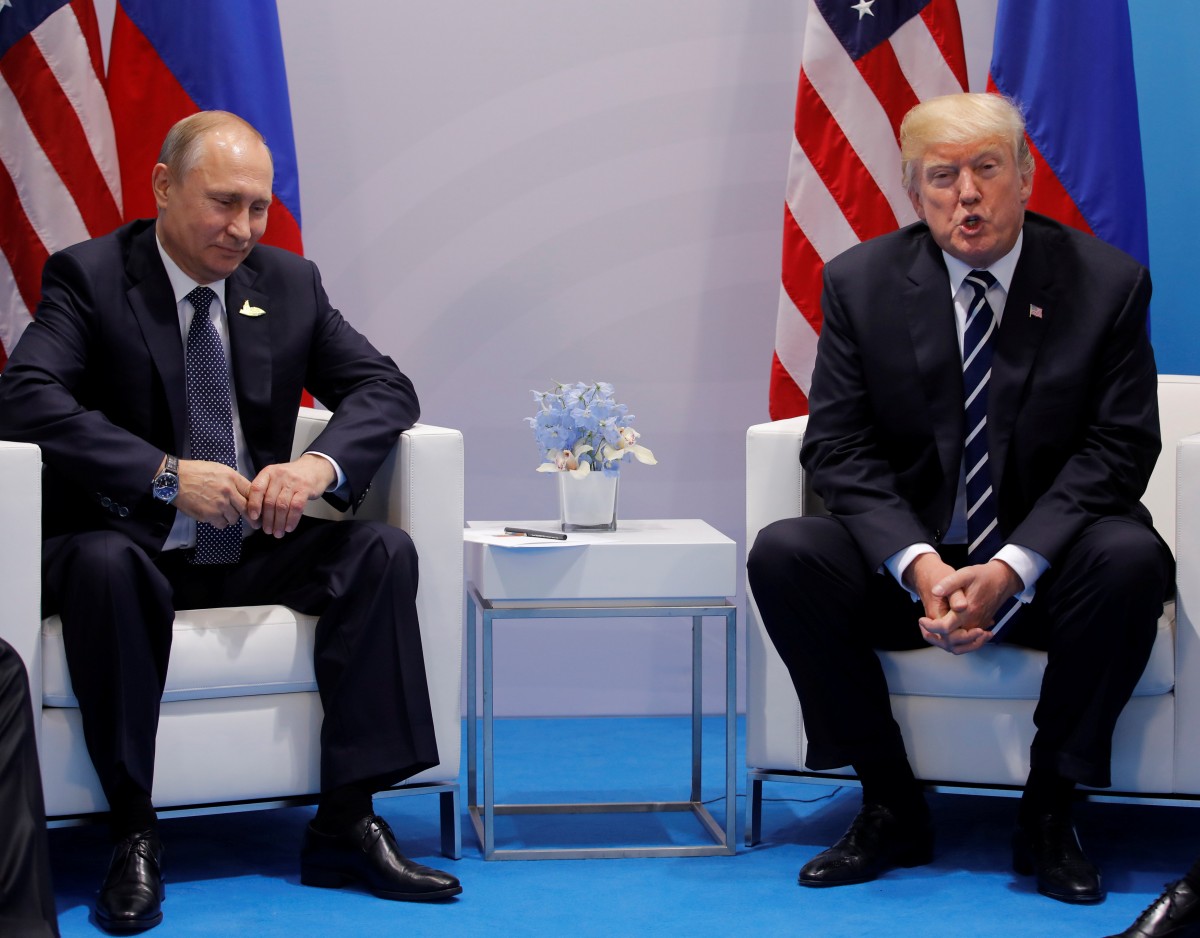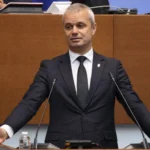As the inauguration of Donald Trump, the newly elected President of the United States, approaches, tension is rising in European capitals. European Union leaders are concerned about the possibility of backdoor negotiations between Trump and Russian President Vladimir Putin. The EU fears that such agreements could leave Europeans out of key decisions regarding the war in Ukraine.
Europe Aims to be at the Negotiating Table
According to “Euractiv”, European leaders recognize the importance of their presence in any future negotiations. For the EU, it is crucial not only to be invited to the negotiation table but also to influence decisions. After all, the European Union is the largest donor to Ukraine and coordinates a significant portion of international aid.
However, Europeans’ fears are associated with the possibility that Trump, known for his pragmatism and ambitions, may focus on bilateral negotiations with the Kremlin. This could push European partners into the background.
Ukraine – Not a Place for Compromises
Most EU countries support Ukraine’s position that a quick ceasefire at any cost can be dangerous. They emphasize that peace should not stand in the way of justice and territorial integrity.
As Estonian Prime Minister Kaja Kallas notes, the United States must remain a key player capable of persuading Russia to engage in serious negotiations. However, how this will be done – through bilateral agreements or in a broader international format – remains an open question.
Trump’s Plans: Realistic or Utopian?
Donald Trump previously claimed that he could end the war in Ukraine in 24 hours. Later, his predictions became more restrained – achieving peace is now seen as possible within six months. His representative in Ukraine, Kurt Volker, even set an intermediate goal – achieving progress within 100 days.
For the EU, such rhetoric raises more questions than answers. Europeans fear that Trump may resort to opaque decisions that do not take into account the complex geopolitical reality.
Lessons from Minsk: Europe Wants More
European diplomats are categorically against replicating the Minsk agreements format. They consider this approach insufficiently effective and often criticize it for its limited ability to ensure real peace.
EU countries insist on full participation in a new negotiation process. Leaders believe that without this, it is impossible to achieve long-lasting peace, since the European Union is a key partner of Ukraine.
Why is this important?
The situation around potential negotiations between Trump and Putin is a test not only for American foreign policy but also for European unity. If the EU remains on the sidelines, it could significantly impact its role in global politics.
For Ukraine, involving European partners ensures that future agreements will align with its interests. Therefore, the struggle for a seat at the negotiating table becomes a key challenge for the EU in the coming months.


